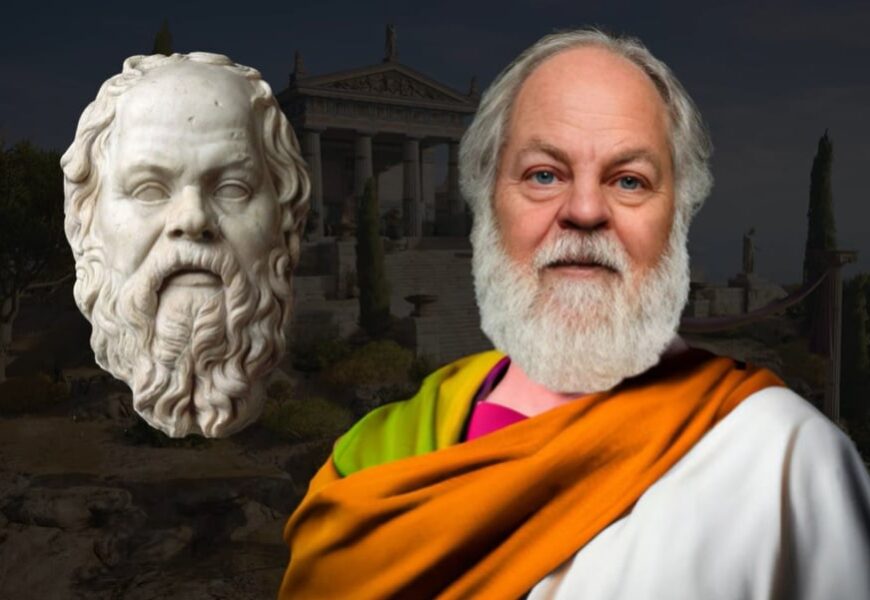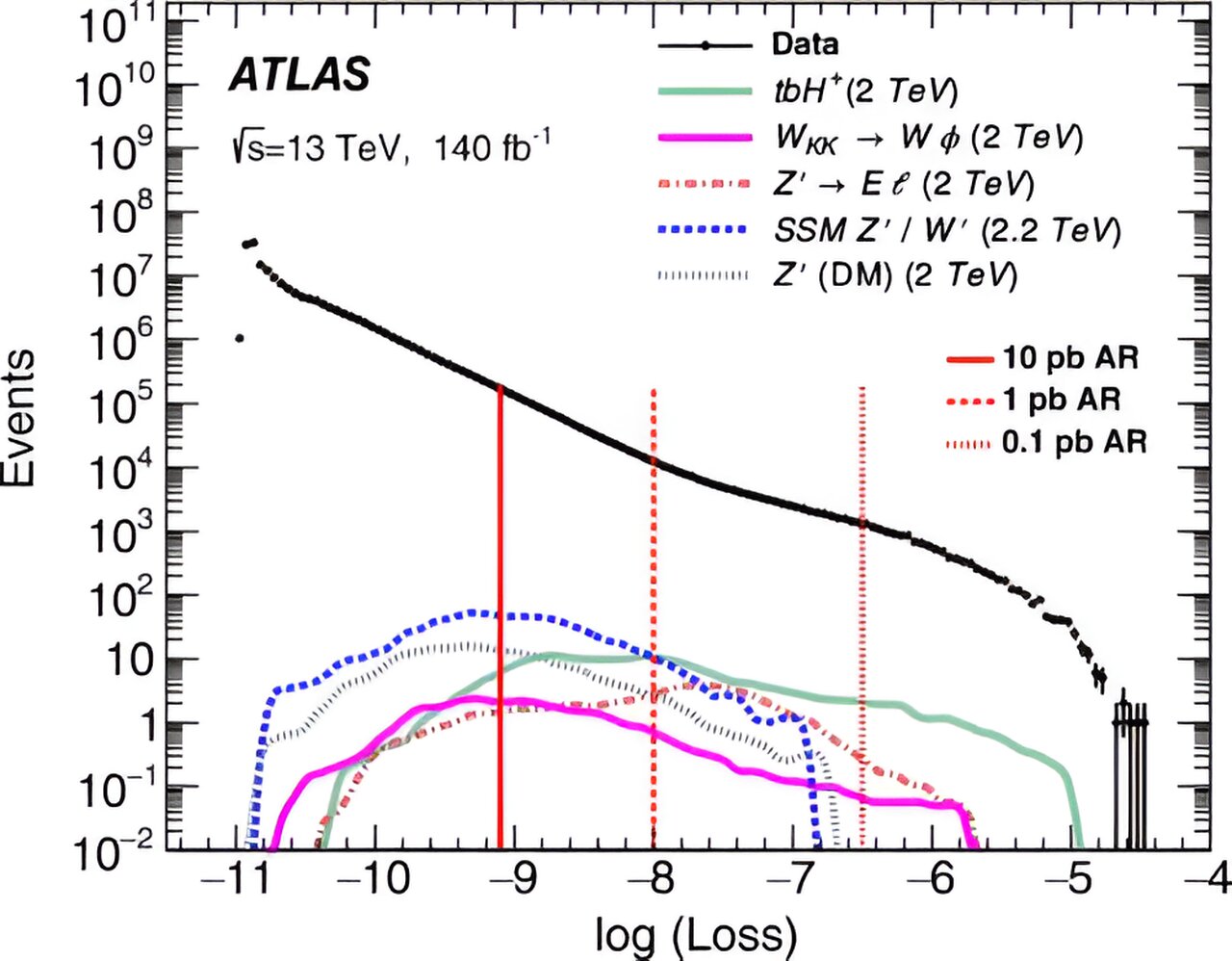In this mesmerizing video crafted through artificial intelligence (AI), ancient Greek scholars and thinkers are resurrected to share their narratives.
Using cutting-edge AI technology, Equator AI has breathed life into these illustrious intellectuals, enabling them to recount their personal journeys.
Through the immersive experience of virtual reality and AI, we delve into their world, gaining insights into their extraordinary achievements and viewpoints.
From Herodotus to Plato, the voices of ancient Greek philosophers and scholars resonate.
The video features Herodotus, a renowned historian and geographer hailing from the Greek city of Halicarnassus, initially part of the Persian Empire and later a resident of Thurii in modern Calabria, Italy.
Noteworthy for his masterpiece “Histories,” a comprehensive narrative of the Greco-Persian War, Herodotus holds the distinction of being the earliest historian to meticulously analyze historical events. He is famously known as “The Father of History,” a title bestowed upon him by the ancient Roman statesman Cicero.
Next, we hear from Thales, a Greek scientist, philosopher, and pre-Socratic thinker from Miletus in Ionia, Asia Minor. Regarded as the primary figure in the Greek intellectual tradition, particularly by Aristotle, Thales is often hailed as the “Father of Science.”
The narrative then shifts to Odysseus, the legendary author credited with composing the epic poems “The Iliad” and “The Odyssey,” foundational works in ancient Greek literature. Odysseus stands as a pivotal figure in the realm of art and storytelling.
Demosthenes, an Athenian statesman and orator, known for his impassioned speeches opposing the rise of Greek dominance under King Philip II, offers profound insights into the political and cultural landscape of ancient Greece during the 4th century BC, showcasing his oratory prowess.
Aristotle, a disciple of Plato who later mentored Alexander the Great, introduces himself as a polymath whose scholarly pursuits span a wide array of disciplines encompassing physics, biology, ethics, politics, and more, leaving an indelible mark on intellectual history.
Following Aristotle is Socrates, the iconic philosopher who embraced a modest existence eschewing material possessions, ultimately facing capital punishment for his teachings. Despite his tragic fate, Socrates’ legacy endures through his disciples, notably Plato.
Subsequently, Plato, the esteemed philosopher who established the Academy, a seminal institution where he expounded upon the philosophical principles that would shape Western thought, emerges. Plato’s seminal work, the Theory of Forms, remains a cornerstone of philosophical inquiry.
Lastly, Chrysippus, a Stoic philosopher of Greco-Phoenician descent, known for his prolific writings and role as the Second Founder of Stoicism, enriches the narrative with his contributions to the philosophical tradition.










